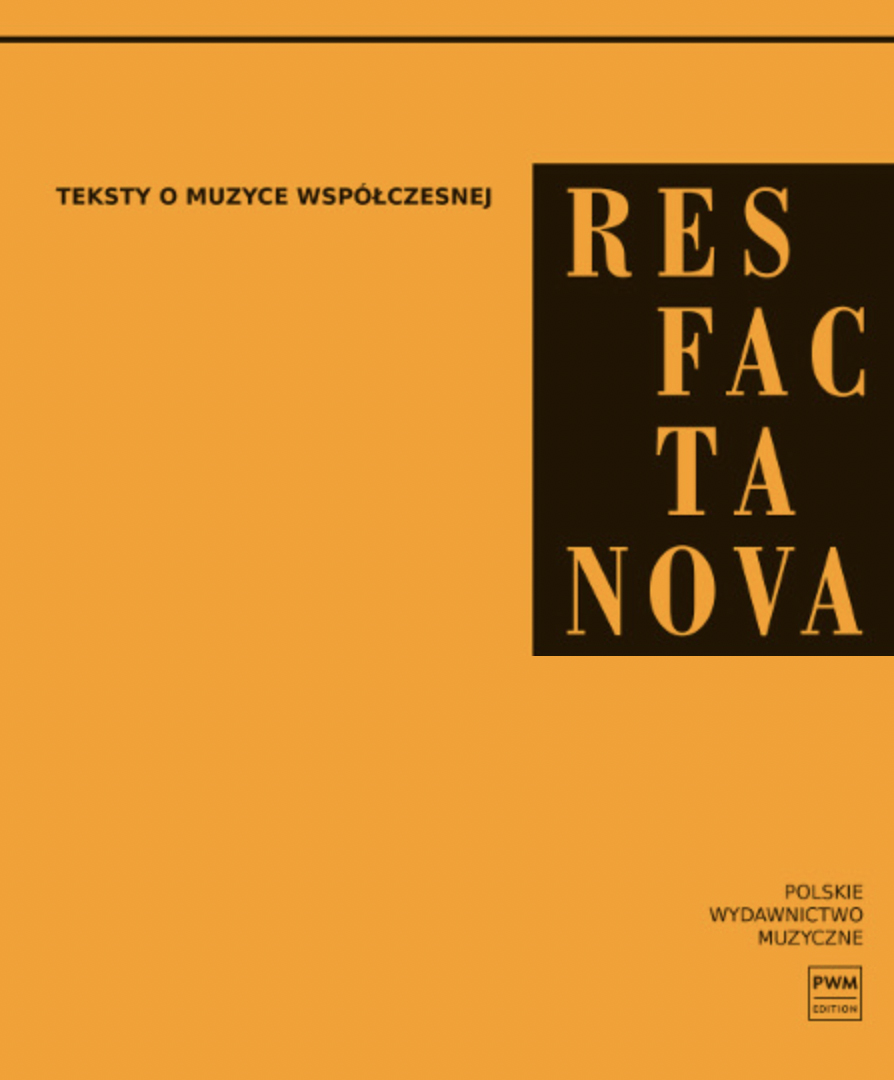Pieśni masowe Władysława Szpilmana w kontekście dorobku piosenkarskiego kompozytora
Władysław Szpilman’s Mass Songs in the Context of the Composer’s Songwriting Achievements
Author(s): Kamila Staśko-MazurSubject(s): Fine Arts / Performing Arts, Music
Published by: Polskie Wydawnictwo Muzyczne
Keywords: Władysław Szpilman; mass song; popular song; receptio
Summary/Abstract: The aim of the paper is to analyse songs written by Władysław Szpilman during the socialist realism period in the context of the composer’s songwriting achievements. Szpilman’s first hit songs were published as early as the 1930s, and they were followed by others over a period of nearly half a century. The available archival, phonographic and sheet music sources provide information about more than 300 titles which include popular songs, songs for mass performance, for children, for plays and theatrical broadcasts, films and cabarets. The dominant group is that of popular songs and songs for the stage (on themes of love). The group of songs written during the years 1948–56, regard-ed as mass songs, has distinctive formal features, different musical conceptions, and alongside the march form it includes mostly dance forms (foxtrots, waltzes, polkas, tangos), with the kind of vitality and musical quality that turned them into popular entertainment pieces often achieving the status of hits. In their textual layer the songs are differentiated as well (themes of rebuilding the country, peace, love, work). Evidence of the reception of mass songs shows that they were regarded positively, often as heartening, once described as enslaving in view of the context of the performance of selected songs. Popular songs are also characterised by diversity of form and arrangement, differentiated in terms of performance scoring and style (more than 850 archival records). The variety of musical techniques used in this genre, alongside the songs’ melodiousness, ensure that they have a per-manent place in the soundscape of the twentieth century
Journal: Res Facta Nova
- Issue Year: 2020
- Issue No: 21 (30)
- Page Range: 28-47
- Page Count: 20
- Language: Polish

